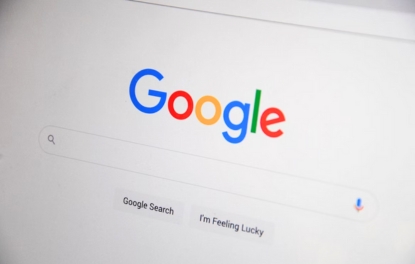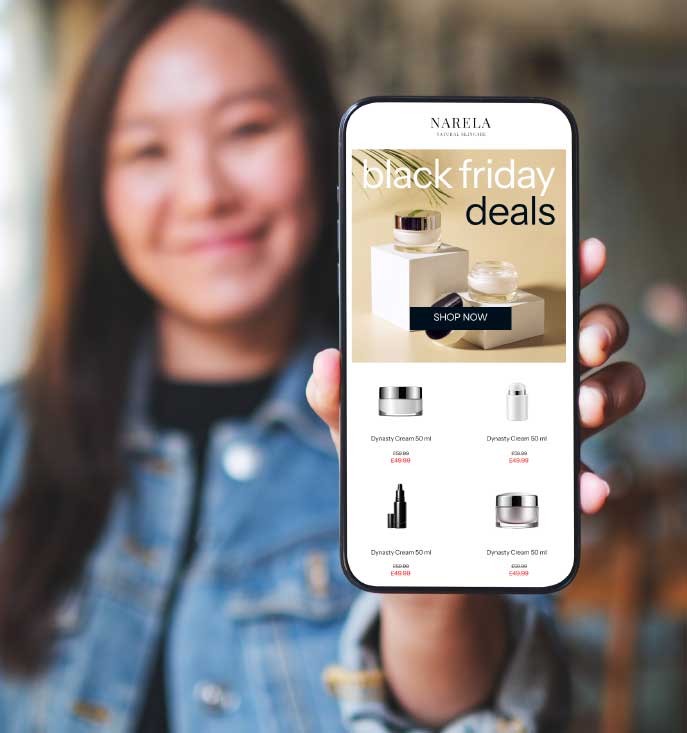Marketing
Whether you are looking to engage with your customers or reach new audiences,
Studioworx’s marketing team is here to find the right path.
Expert
Services
tailored to your needs







Success stories
Marketing services

Paid Media
Whether your customers can discover you through search or you need to target them across social media, our expert team can help generate leads and sales for your business

SEO
We can help your business get better visibility on Google and reach your business goals by implementing a solid SEO strategy that ensures your customers can find you easily.

Email Marketing has never been stronger and can provide powerful ROI through welcoming new customers, launching new products & re-engaging with exclusive offers & discounts.

Social Media
Social Media is the number one way to communicate with your customers. We build & deliver strategies that really shout about your brand and what you’re selling.

Content
Content is still king and we have the creative expertise to produce engaging blogs, articles and videos to reach customers and direct more traffic to your website & social media pages.

Usability & Auditing
Gain valuable insights through CRO & UX reports designed specifically for your industry and your customer to help you convert more online.
Proven results

On average clients saw a rise in monthly revenue by
149%
After utilising Studioworx marketing services *
* Following a 4-month proof-of-concept phase, comparing the same period the previous year

Our expertise
Certified and
award-winning
services
Our marketing team is certified across a variety of platforms to give you the best support, whatever your requirements. Not only are we partnered with big marketing platforms such as Google and Klaviyo, we are also proudly partnered with a number of e-commerce platforms such as BigCommerce, Shopify and Magento, so you know you’re in capable hands.
Our approach
Holistic marketing
consultation
At Studioworx, we consider all avenues to help boost you achieve your business goals. Marketing does not take a one-size-fits-all approach, and we are here to help you make the right choices at the right time. Not every marketing channel is right for every business for every goal, and we will guide you with a clear path to success. Whether you need to increase loyalty or attract new customers, an agile approach must be taken to get there.



